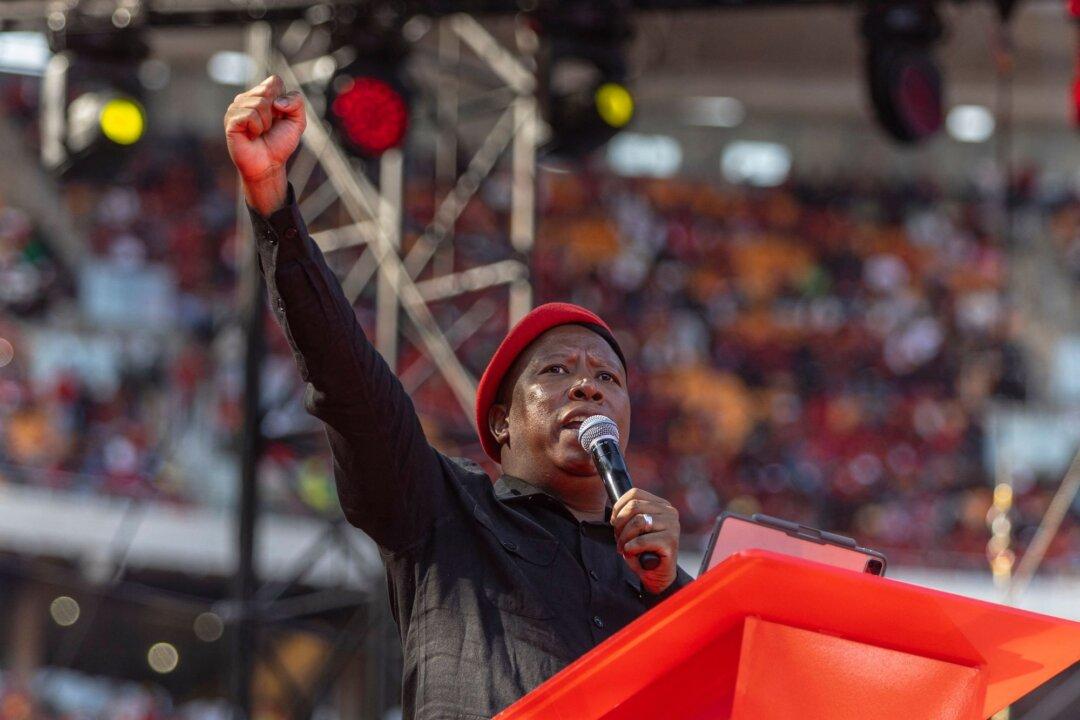JOHANNESBURG—South Africa votes on May 29 in an election that analysts expect to trigger an era of chaotic coalition politics that will severely limit the ability of the African National Congress (ANC) to set policy going forward and will decrease stability to Africa’s most developed economy.
The ANC has enjoyed almost untrammeled power since its rise to government under Nelson Mandela in 1994 following decades of white minority rule.





